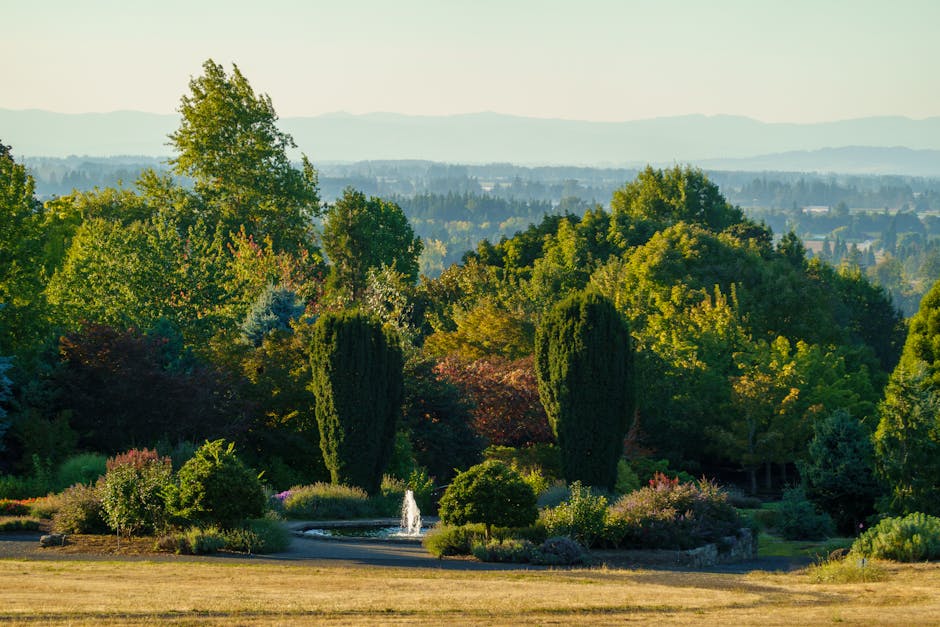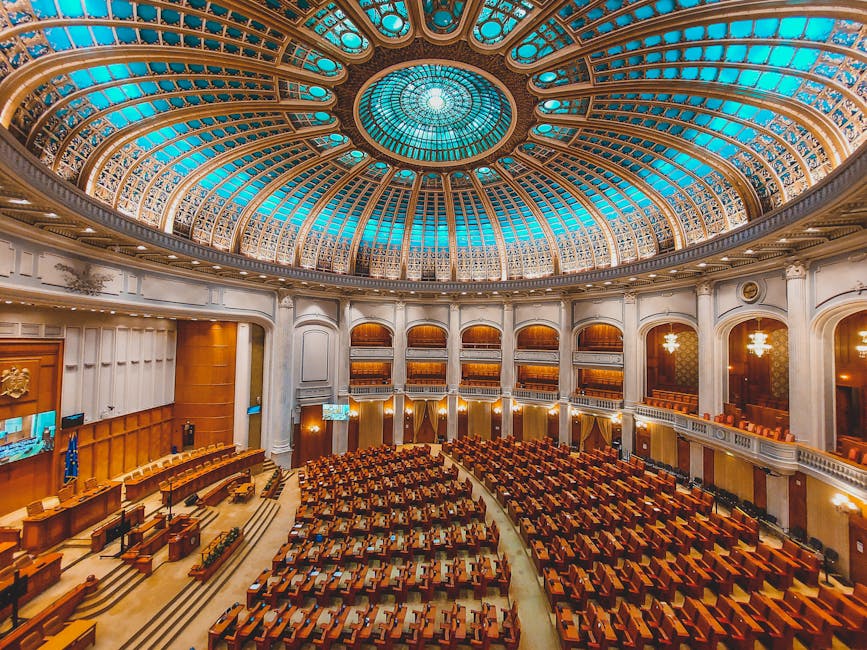Former U.S. President Donald Trump recently claimed that Portland, Oregon, is “burning,” reigniting a narrative that has been a recurring theme in his rhetoric over the past few years. However, the reality on the ground paints a vastly different picture. While Portland has faced its share of social and political unrest, particularly in the wake of the 2020 Black Lives Matter protests, the city is far from the dystopian landscape Trump often describes.
The Context of Trump’s Claim
Trump’s comments about Portland frequently stem from his broader critique of progressive cities and their leadership. He has consistently used the city as a symbol of what he perceives as the failures of liberal governance. During his presidency, Trump often cited Portland’s protests against police brutality and racial injustice as evidence of “lawlessness” and “chaos.” His recent remarks appear to be an attempt to keep this narrative alive, even as the situation in Portland has evolved.
The Reality in Portland
While Portland did experience significant unrest in 2020, particularly following the murder of George Floyd, the city has since seen a marked reduction in protests and violence. Local authorities and community leaders have worked to address the underlying issues that fueled the demonstrations, including police accountability and systemic racism. The Portland Police Bureau has implemented reforms, and community organizations have stepped up to foster dialogue and reconciliation.
Contrary to Trump’s claims, the city is not “burning.” While there are still occasional protests, they are largely peaceful and far less frequent than they were two years ago. Portland’s downtown area, which was heavily impacted during the height of the protests, has been revitalized with new businesses and public initiatives aimed at restoring a sense of normalcy.
The Impact of Trump’s Rhetoric
Trump’s portrayal of Portland as a lawless city has had real-world consequences. It has contributed to a polarized national discourse, with some conservatives viewing Portland as a cautionary tale of liberal governance run amok. This narrative has also emboldened extremist groups, some of whom have traveled to Portland to instigate violence and amplify the chaos.
Moreover, the constant characterization of Portland as a city in crisis has had economic repercussions. Local businesses have struggled to recover from the perception that the city is unsafe, despite evidence to the contrary. Tourism has also taken a hit, with potential visitors deterred by the exaggerated portrayal of unrest.
The Broader Implications
Trump’s comments about Portland are part of a larger trend of using fear and misinformation to advance political agendas. By painting a distorted picture of the city, he seeks to undermine confidence in progressive policies and leaders. However, this strategy often ignores the complexities of the issues at hand and the efforts being made to address them.
Portland’s experience highlights the importance of accurate reporting and responsible rhetoric. While the city has faced challenges, it is also a community working towards healing and progress. Misrepresenting its reality does a disservice to the residents and organizations striving to make positive change.
Moving Forward
As Portland continues to recover and rebuild, it is crucial to move beyond divisive narratives and focus on solutions. The city’s resilience in the face of adversity is a testament to the strength of its community. Rather than perpetuating fear and division, leaders and media outlets should highlight the efforts being made to address social issues and foster unity.
In the end, the story of Portland is not one of “burning,” but of a city grappling with its challenges and emerging stronger. It is a reminder that progress is often messy and imperfect, but it is also possible when communities come together with a shared vision for the future.
NextMinuteNews remains committed to providing accurate, balanced, and insightful coverage of the issues that matter most. Stay tuned for more updates.




